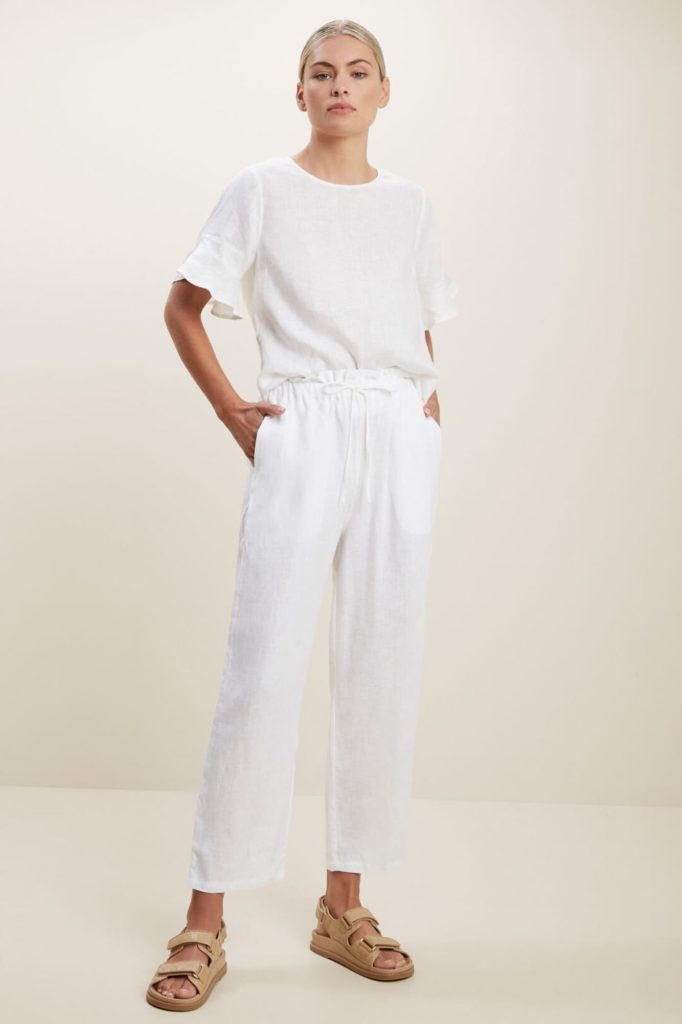Words by Zu Anjalika Kamis Gunnulfsen
There have been lots of talks about AI in the fashion scene. Being one of the biggest industries in the world, fashion definitely deserves some attention. As of 2018, the fashion industry is estimated to be circa USD3 trillion; which is 2% of the world’s GDP.
Before we take a look at how Artificial Intelligence (AI) is on the forefront and a driving force behind fashion’s manufacturing processes, marketing and customer experience, let’s first understand the meaning of AI.
Artificial Intelligence is the stimulation of human intelligence in machines that are programmed to think like humans – they also mimic human actions. AI may also be referenced to any machines that show traits associated with human minds, with examples such as learning and problem-solving.
That said, AI has started to be used mainly to transform the way brands make, market and sell their products. Brands are always on the lookout for new, much efficient ways to create awareness and demand. So, not only Artificial Intelligence makes marketing and selling easier, it also maximizes users’ shopping experiences. Through intelligent automation, improved sales system and enhanced sales process is also achieved. Luxury brands have also jumped onto the AI bandwagon; amongst them are Dior and Nike.
I heard from a friend some time ago about Personal Shopper using AI as the main driver and have been rather amazed by how it works. Some brands have personalized applications to mimic an instore shopping experience. As early as 2015, the brand, The North Face launched its Expert Personal Shopper in collaboration with IBM Watson. An app was made available to ask consumer questions of the items they are looking for and then taking these information to curate personalised sets of recommendation list for shopping. Besides giving better shopping experience, data collected provides a clear and more informative idea of brand’s products and customers’ needs.
Chatbots are the talk of town the world over. Brands have come with a much efficient way to connect directly with their consumers through chatbots by using computerised chats over their website or application. This makes shopping much easier and to a certain extent, exciting for consumers. During the 2016’s London Fashion Week, Burberry launched their chatbot, giving behind-the-scenes insight into the inspiration for their collection. The chatbot also offered a puzzle that allowed consumers to navigate through pictures and gif. When the journey was complete, you could then purchase from the latest collection.
Let’s look at visual shopper, also using AI-technology This shopping tool was aimed to deliver smart interactions with customers. It allows consumers to easily find or locate similar product at a click of a button by uploading a picture of the product. This visual search tool is applicable to different categories, ranging from clothes to accessories.
AI also helps in quality assurance – designers and manufacturers are involving AI in their production methods. For example, a computerized system for spotting defects in the fabric and color of the textile allows quality assurance, which helps considerably in saving time.
Manufacturing is another aspect where AI is brought into. Bulk production can be done by using various technologies like computer-controlled knives, lasers, water jets or ultrasound. Automated sewing is becoming more rampant though still in its primitive stage. In 2019, ITMA introduced software that combines supporting hardware named the Juki Advanced Network System (JaNet). This allows data collection on production activities where sewing machines are interlinked. Digital sewing machines have become essential to provide sewing error detection in mass production.
In the fashion industry, (fashion) styling is the most important segment. It is also one of the most interesting parts of the industry.
Stitch Fix is an online styling application that uses machine learning in personalizing clothing items based on a customer’s size, budget and preferences. Artificial Intelligence is being used to make that more efficient. Optimization in the supply chain reduces transit time and shipping costs while providing updates about the inventory.
With all these said, what can I say, the future of fashion is truly intelligent.






